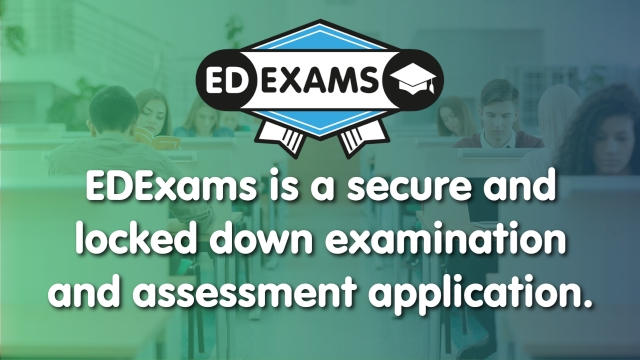In all student cohorts, there are those pupils who are not engaged with approaching exams. There are a variety of reasons for this, ranging from a lack of confidence through to disillusion about their life prospects.
As a teacher, trying to engage students in upcoming exams while still maintaining a focus on the curriculum can be a tricky task.
So, how can you engage pupils without taking time away from the rest of the class?
Keep away from negativity
It can be tempting for teachers to reiterate the importance of exams to the point where a pupil believes that, should they fail, their life’s over.
While the exams are obviously important to their prospects, constant reminders of the importance can lead students to disengage through fear or the belief that the system is set up to fail them.
A report by the NUT found that:
While the main cause of stress/anxiety about tests/exams was simply the fact of having to do them, and the real possibility of failure, this is exacerbated by the way that school practices make the importance of tests and exams very clear to their students.
This indicates that a significant number of students are feeling pressured by the attitude of teachers and schools, yet they cannot allow students to underestimate exams or they risk low grades across the board.
How to approach this conundrum may lie within the language used by teachers within classrooms. Constantly reminding disengaged students that they may ‘fail’ if they don’t try harder could have the unintended consequence of making them give up.
Perhaps, then, teachers should highlight the benefits of engaging, i.e. the job prospects and life experiences, without resorting to the type of language suggesting that, if they fail, they won’t have those opportunities.
Check if it’s an emotional issue
Low confidence and test anxiety are common issues for students of all abilities.
Students in higher sets are just as susceptible as those with lower academic expectations, mainly due to the pressure they feel about securing their future and the prospect of ‘letting people down’.
Disengaging with the exam process and trying to forget it about it until it arrives is a common way of dealing with this anxiety, but that can obviously have knock-on effects in terms of revision and grades.
During classes, keep an eye out for pupils who don’t seem to be listening or actively working. Through your previous experience with disengaged students (or using the data your school collects), you should be able to pinpoint whether they’re struggling due to an emotional issue rather than a lack of ability.
This can allow you to escalate the problem through your school’s pastoral care system to ensure these students are offered individual assistance.
Make it personal
This can be a tricky one for teachers because they have so many students in a class and possibly several groups facing exams at the same time.
However, as mentioned above, there should be plenty of data available to help identify struggling students, and you can pass on these concerns. As a subject teacher, though, you could target the individuals you feel are most disengaged with personalised approaches.
Equally, if you’re a department or year head, ensure that all students are aware of the support available.
In a piece about his extensive research on messages about the value of GCSEs, David Putwain identified that:
It is therefore important that supportive messages are also conveyed to students about how the strategies the school will be using in years 10 and 11 will help them to achieve their best.
Putting strategies into place early in the year may help students keep one step ahead of the confidence and anxiety issues that could plague them throughout their learning.
As exams loom on the horizon, identifying the reasons for a student’s disengagement could be the key to unlocking their potential on exam day.











